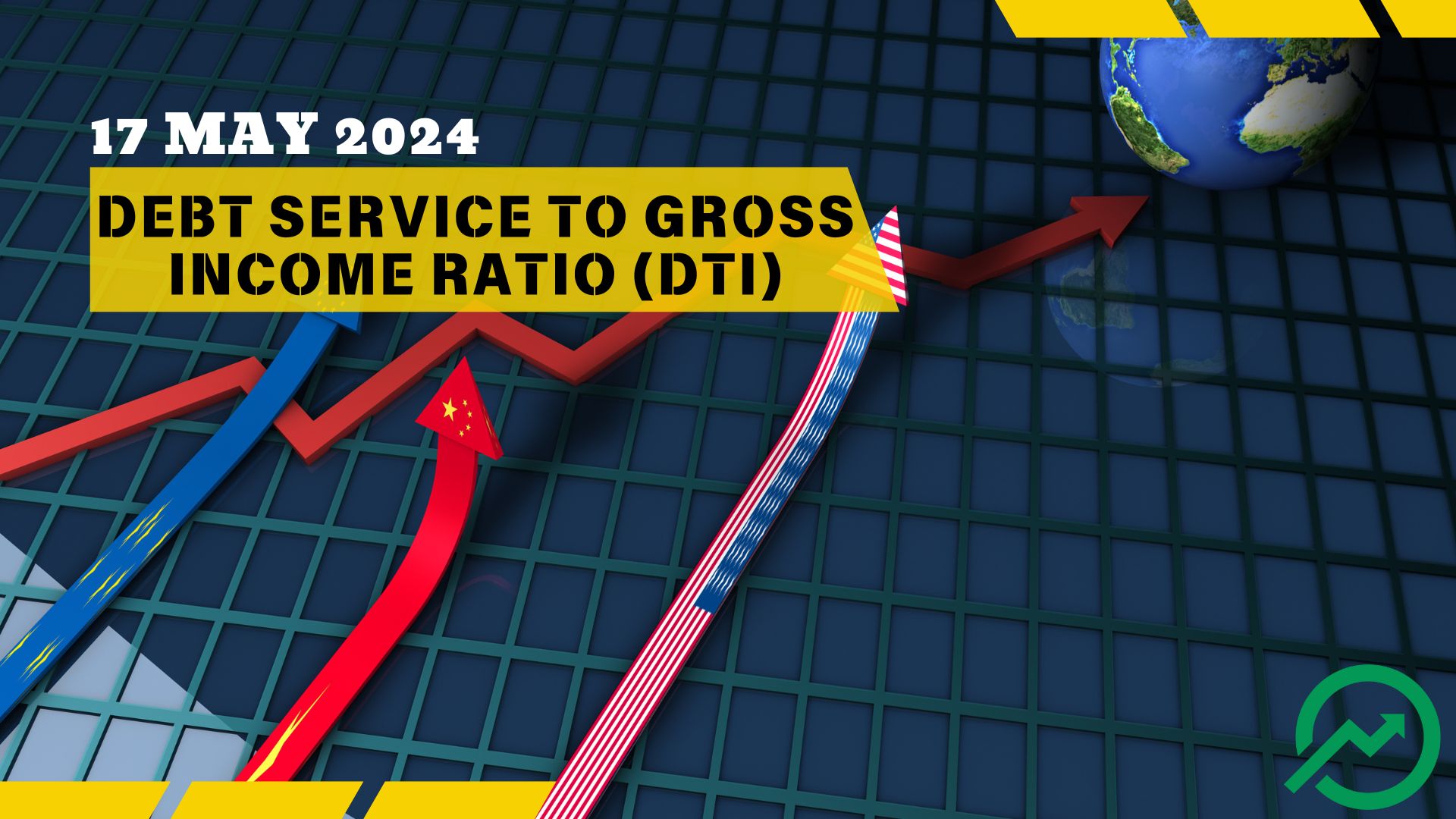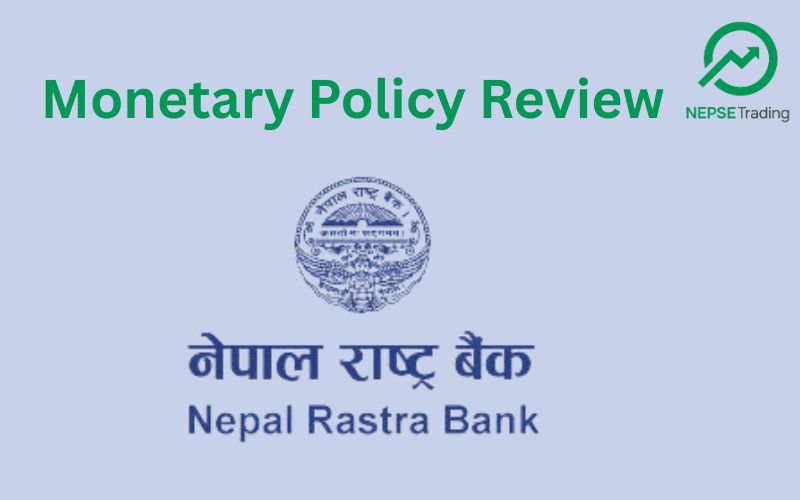By Sandeep Chaudhary
Debt Service to Gross Income Ratio (DTI) According To NRB Guidelines

As per Third Quarter Review of Monetary Policy for Fiscal Year 2080/81 dated published 17 May 2024
"For the purpose of home and land purchase, the debt service to gross income ratio (DTI) will be facilitated and maintained at 70% based on the submission of tax clearance certificates, increasing from the existing 50%."
Debt Service to Gross Income Ratio (DTI)
Banks and financial institutions calculate the ratio of a borrower's income to the loan repayment obligation to analyze the borrower's capacity to repay the loan. This ratio, calculated by dividing the total debt payment obligation by the borrower's gross income, is referred to as the "Debt Service to Gross Income Ratio (DTI)."
Banks and financial institutions have a policy that the DTI ratio should not exceed 50% for personal loans, auto loans, and installment-based repayments for personal and non-commercial loans. However, for home purchase/construction loans, the ratio can go up to 70%.
Use only as much as you can afford after accurately accounting for your income and expenses.









